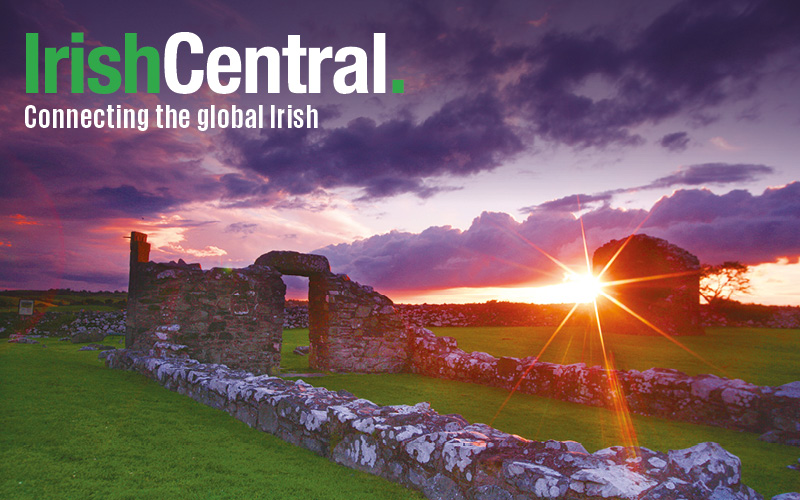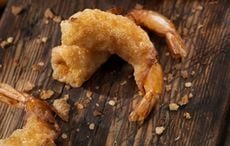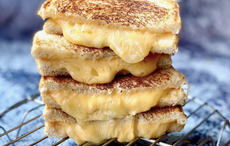The European Research Council have provided funding of €1.5 million for a study which plans to unearth what ancient Irish people ate before the potato came to Ireland.
Did you know that Irish people used to eat pineapples and artichokes in the 16th and 17th centuries?
A new study green-lighted by the European Research Council aims to uncover what exactly all classes of Irish society ate 500 years ago.
According to the Irish Examiner, Dr. Susan Flavin, a senior history lecturer at Anglia Ruskin University will lead the research project, along with fellow historians, archaeologists, and scientists, which is expected to take up to five years to complete.
Flavin told the outlet that she is aiming to show what was on dinner tables before the pervasive potato.
Read More: Crisis! Irish heatwave could mean spike in potato prices
Read more: Ten Irish potato recipes with a twist
It's International joke day so I thought I would give you my best shot! Why are potatoes so popular?...
Because they're a-peeling!! #InternationalJokeDay pic.twitter.com/Eqi74jPYwW
— Mr.Tayto Ireland (@MrTaytoIreland) July 1, 2018
“There weren’t any potatoes in Ireland in the 16th century. I think the focus on the potato, and famine, even though obviously we should focus on the famine, means that we haven’t actually studied Irish diet beforehand," Dr. Flavin said.
“We have all these assumptions that people were malnourished because they all ate the same thing but there is no evidence for that because there has never been an academic study of what people ate," she added.
“Foreign luxuries like sugar, turkeys, pineapples, and artichokes found their way into the homes of the elite,” she also revealed - and hinted that beer was also fashionable for both men and women.
Irish workers in the 16th century drank 14 pints a day! My new favourite historical fact, courtesy of Susan Flavin! https://t.co/pjVUqU4J7W
— Richard Stone (@Dr_RGStone) October 13, 2017
“There is a perception that Ireland remained isolated from the major dietary changes that occurred across early modern Europe, but my research suggests a much more complex and integrated picture," she teased.
Read More: Major new ancient discovery as important as Stonehenge made thanks to Irish heatwave
Read more: Irish potato and cheese soup recipe




Comments